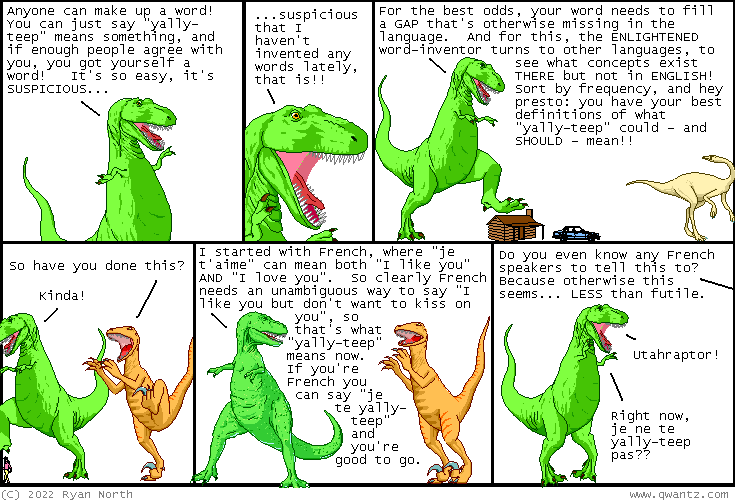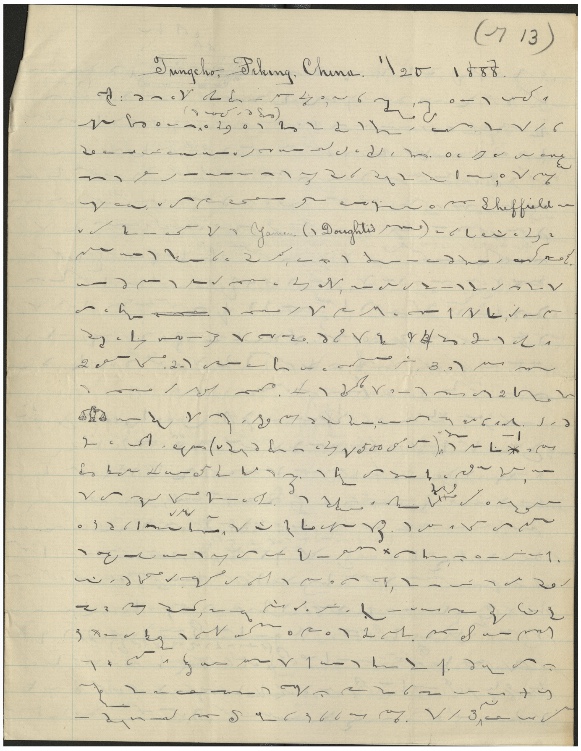After reading this post — "Ukrainian at the edge" (10/30/22) — Peter B. Golden appended the following comment to it:
A few notes: krai (край) means "edge, border" and "territory, land, country" in Russian as well. There are numerous overlaps in Russian, Ukrainian and Belarusian – and a number of "false friends.” All three languages derive from Eastern Slavic, the language of the Kyivan Rus' state (Novogorod, in what is now northwest Russia was the second city of that state). The literary language of Kyivan Rus’ was heavily influenced by Church Slavonic and with slight variants remained the literary language of the Eastern Slavs in the aftermath of the Mongol conquest as well as the Lithuanian and Polish takeover of what became Belarus’ and parts (western) of what became Ukraine. The Old Belarusian/Rus' language became the primary written language of the Grand Duchy of Lithuania. Texts in those languages are mutually intelligible, indeed, barely differentiated. It was the shattering of an already fragmenting Kyivan Rus' state produced by the Mongol conquest and the Lithuanian and Polish gobbling up of those lands that the Mongols did not take, that over time produced three distinct peoples: Russians, Ukrainians and Belarusians. Dialect divisions were already apparent in the Kyivan period and a number of scholars have argued for the existence even then of "Old Ukrainian" etc. Some of the dialect divisions cross "borders." The dialect associated with the Chernihiv (Chernigov) principality of Kyivan Rus', now in Ukraine, extends into Belarus'. The dialect of Chernobyl' (of sad fame) in Ukraine is virtually identical to the dialect of the area of Rogachov, Belarus. I know this from personal observation. The career of Feofan Prokopovich/ Prokopovych, d. 1736 who moved easily between Moscow and Kiev (and other places) and helped to shape the modern Russian literary language is typical of more than a few who are called "Ukrainian" or "Russian" depending on the stance that one takes. Ahatanhel Krymsky of Crimean Tatar (paternal) and Polish (maternal) origin, became one of the leading Ukrainian Turkologists-Orientalists was not an ethnic Ukrainian, but identified as Ukrainian – and was ultimately accused of Ukrainian nationalism (1941) by the Soviet government and died in exile in Kazakhstan in 1942. More than a few families in Russia, Ukraine and Belarus’ have branches in all three areas (mine does). Yes, today, Russian, Ukrainian and Belarusian are separate and distinct languages and their speakers take national identities accordingly…but not always what one would expect. National identity, so often the case, had to be taught or situationally adopted. In the pre-Soviet era there was much movement between Belarus’ and Ukraine. Lukashenko, the dictator of Belarus’, has a typical Ukrainian last name and is vaguely aware of distant Ukrainian origins…and is much more at home speaking in Russian than in Belarusian. He is far from unique.
Putin is a KGB thug and now a war-criminal with a Soviet elementary school understanding of Russian history and of the peoples that comprised the Soviet Empire for which he has such nostalgia (shared by some older Russians). If you are interested in serious studies of the formation of the Ukrainians (and Belarusians) read the works of Serhiy Plokhy.
[Not long thereafter, Peter wrote to me saying that he "was just getting warmed up :)" and sent me the following, which, with his permission, I'm making into a guest post:.]
Read the rest of this entry »




